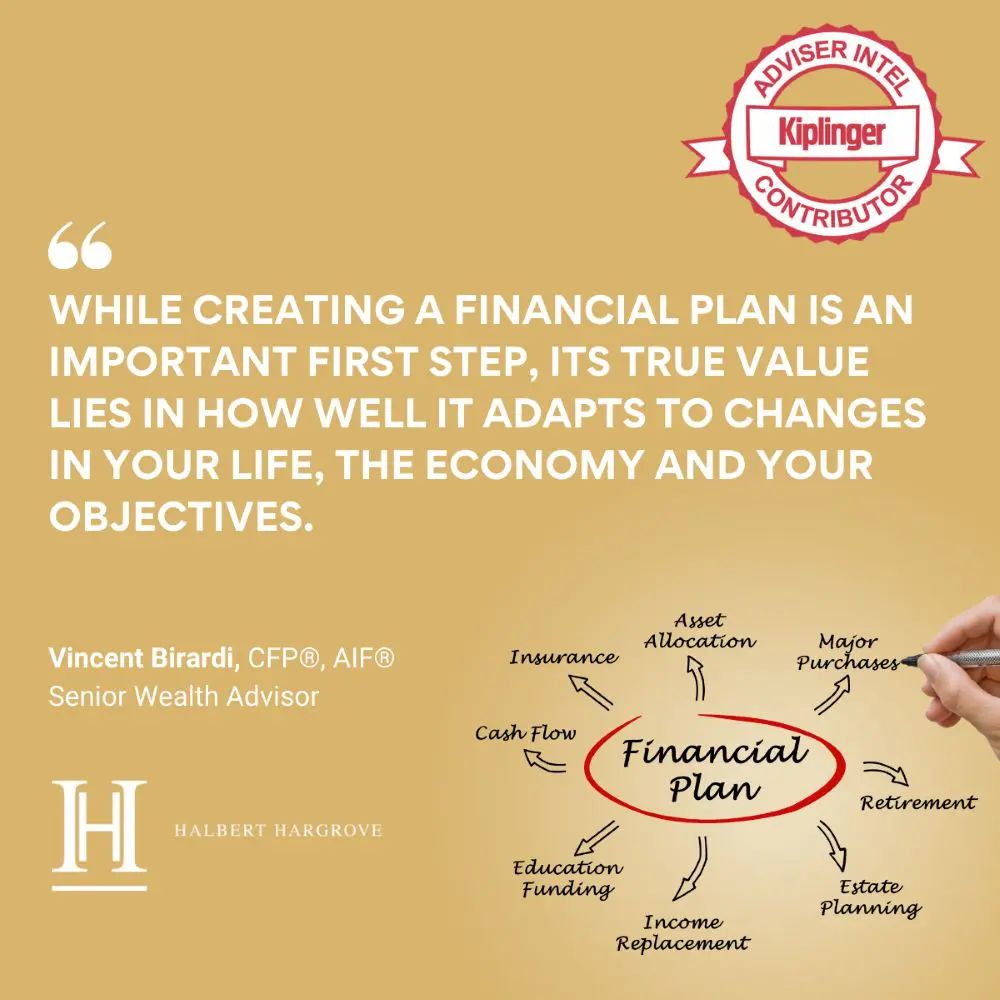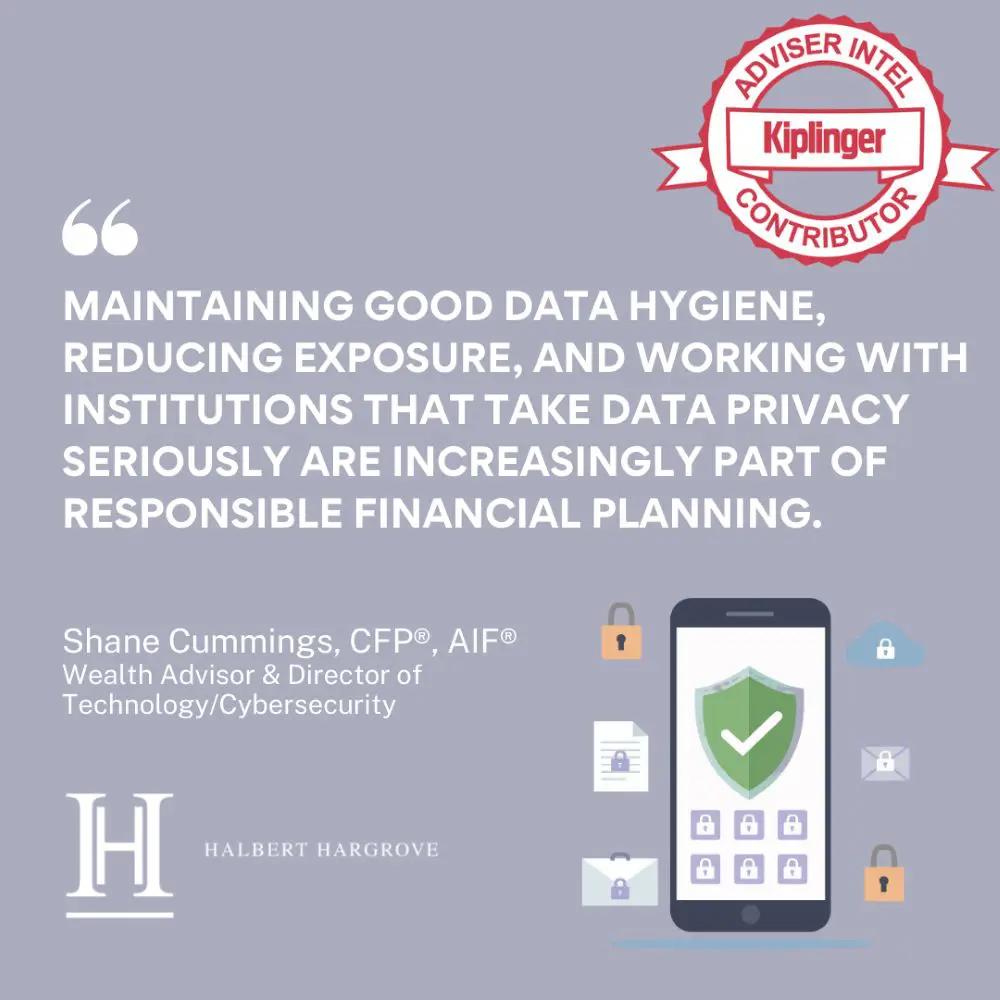By Ellen Sheng in Financial Advisor IQ, featuring Samantha Garcia, CFP®, AIF®, CDFA®, Senior Wealth Advisor at Halbert Hargrove
This is the third article of Financial Advisor IQ’s five-part special report on the challenges and opportunities facing female financial advisors.
Early in her career, Judith Lu, chief executive officer and co-founder of Blue Zone Wealth, worked in Latin America, where she faced a “triple whammy” of discrimination as a young woman who spoke Spanish as a second language.
“I would go in to meet with these men and I could tell I have literally 60 seconds to engage this person,” she recalled.
Clients assigned to her would balk when meeting someone so young, particularly a woman, saying they wanted someone experienced with gray hair. But Lu didn’t take it personally. Instead, she would put on her most confident face and say, “I’ll tell you what: Let’s talk about this. Give me 10 minutes and if at the end, you feel the same, no harm, no foul,” she said.
In the end, some of the most skeptical men became her most loyal clients, she said. But they also acknowledged that they didn’t trust her initially and said things such as, “You could be my daughter. You could be my granddaughter. You’re going to tell me what to do with my money?”
Lu’s experience isn’t unique. Women advisors find themselves facing subtle and not-so-subtle forms of bias every day, whether in client assumptions or internal firm dynamics. Some are mistaken for an assistant. Many have had their expertise questioned until a male colleague repeated the same exact point. But instead of being derailed by discrimination or micro-aggressions, many women are finding ways to use these challenges to stand out and build stronger relationships.
Finding Allies
Sometimes, creating opportunities requires enlisting support. Samantha Garcia, senior wealth advisor at Halbert Hargrove, recalled how some clients preferred hearing the same information from a male colleague.
“It was frustrating,” she said. “But I realized it wasn’t personal. It was about their perception.”
Rather than push back directly, she found subtle ways to shift the dynamic. She coached her male colleagues to reinforce her authority by redirecting the conversation back to her and saying things such as, “Samantha just said that — what are your thoughts?” That helped clients see her as the expert and deepened trust over time.
Similarly, Erin Wood, senior vice president of advanced planning at AssetMark, said that even as a leader, she’s often mistaken for support staff. Clients and vendors routinely direct questions to the men on her team.
“They’ll ask the person who reports to me — and my team just looks and goes, ‘Actually, that’s Erin’s call,'” she said.
Playing on Strengths
Many women have learned to lean into their strengths, particularly around education and communication. Instead of seeing bias as a barrier, they use it as an opening.
Wood said that in mixed-gender meetings, husbands often answer questions directed at their wives. Rather than let the moment pass, she gently reframes the conversation.
“I’d look at the husband and say, ‘I understand, but in this situation, you’re dead,'” Wood said, citing an example of a husband answering a question about planning for a wife’s financial security after her husband’s death.
“If a guy did that, I think it would come off as very aggressive,” Wood said. But coming from her, she says it was well received. It would push the wife to think about the situation and answer the questions on her own.
Garcia also sees her ability to get both the husband and wife talking as an asset. “I think women have typically felt like they are not included in financial conversations,” she said, adding that her empathy, listening skills and “female characteristics” help get clients engaged. Garcia said she has had women tell her they feel more comfortable asking questions because of her presence.
“I think that approach helps solidify the relationship. … [The couple] can see that both of them are being acknowledged and valued as part of the overall client relationship,” she said.
More importantly, female advisors say values that are stereotypically associated with women, such as empathy and listening, are especially valuable in their career as advisors.
“Women don’t necessarily want to only work with women, and men don’t necessarily want to only work with men. They want somebody who will actually listen to them and take time to understand what’s important,” said Lu.
Keeping the Door Open for Others
Having gained valuable experience navigating bias, women advisors can use their knowledge to mentor others. Firms such as Halbert Hargrove have mentoring programs, and the National Association of Personal Financial Advisors has a women’s initiative that aims to attract, support, educate and develop women as leaders in the profession.
Advisors say they enjoy working with newcomers and answering questions about how the industry works or what to look for in a firm’s culture. Many say they wish they had known about the profession before and that, contrary to popular perception, it’s not about sales.
Mindy Neira, wealth manager and principal at Modera Wealth Management, sees a natural alignment between financial planning and women’s strengths. “This is a relationship business,” she said. “And we are really good at relationships.”
Learn more about our approach to financial planning for women.





